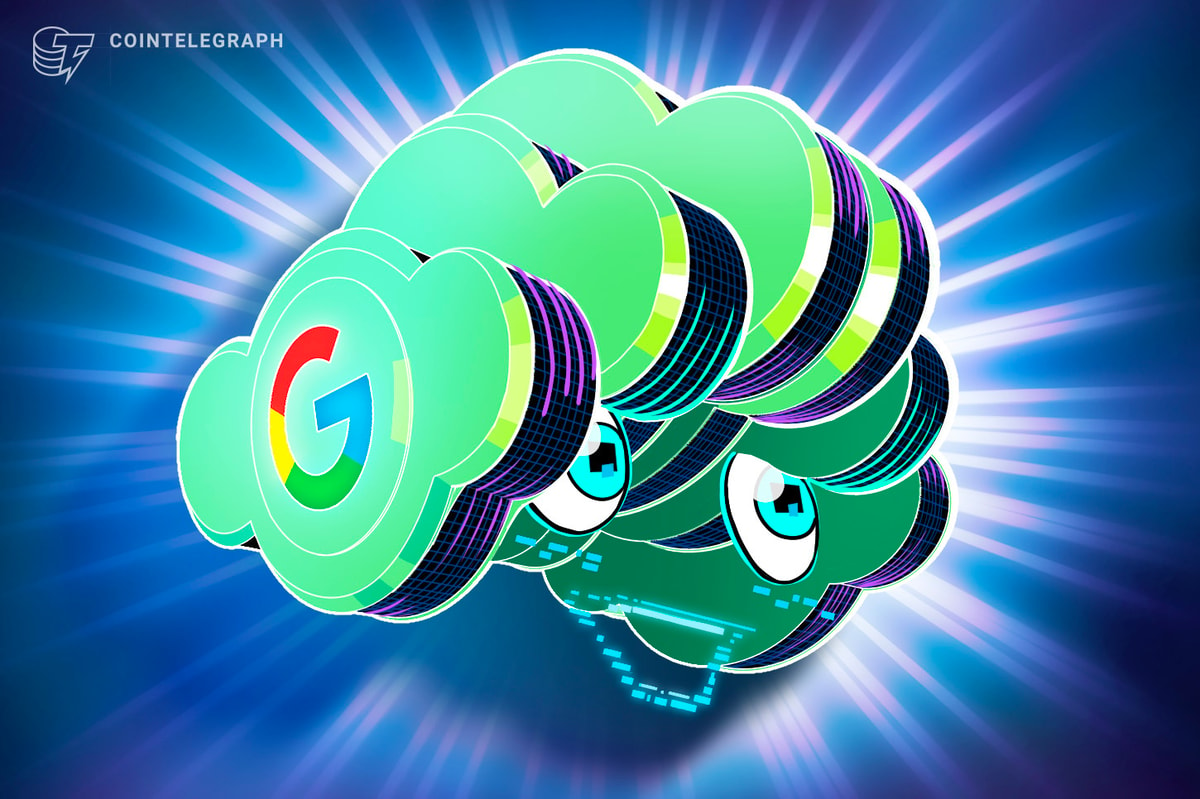Google AI research lab DeepMind said its new artificial intelligence model, Gemini 2.0, will be the bedrock used to build more advanced AI agents.
An AI agent powered by Gemini 2.0 and released Dec. 11 can understand complex instructions, plan, reason, take action across websites and even assist with video game strategy, Google DeepMind CEO Demis Hassabis and chief technology officer Koray Kavukcuoglu said in a Dec. 11 blog post.
“The practical application of AI agents is a research area full of exciting possibilities,” Hassabis and Kavukcuoglu said.
“We’re exploring this new frontier with a series of prototypes that can help people accomplish tasks and get things done.”
According to Hassabis and Kavukcuoglu, there are several experimental Gemini-powered AI assistant projects that have different functions.
One, known as Deep Research, can help users explore complex topics by creating multistep research plans; it searches the web and then generates lengthy reports on its findings.
Project Astra, a universal AI assistant, is geared toward everyday tasks like providing recommendations and advice based on prompts supplied by the user, such as how to wash clothes or more information about a landmark.
Here’s a peek at the future: Project Astra, our prototype showing glimmers of a universal AI assistant. We showed an early glimpse of it at I/O, and it’s now in the hands of trusted testers. Here’s how Robbie is using it. Can’t wait til we start shipping, 2025 is going to be an… pic.twitter.com/rci2XeyeHp
— Sundar Pichai (@sundarpichai) December 11, 2024
Project Mariner focuses on creating an AI agent that can take control of your Chrome browser, move the cursor, click buttons, fill out forms and navigate websites.
According to Hassabis and Kavukcuoglu, these projects are “still in the early stages of development,” but they hope to make them “widely available in products in the future” after testing and more development.
“It’s still early, but Project Mariner shows that it’s becoming technically possible to navigate within a browser, even though it’s not always accurate and slow to complete tasks today, which will improve rapidly over time.”
Related: US, EU and UK sign world’s first international AI treaty
Meanwhile, Project Jules is being developed as an assistant for developers that can integrate directly into a GitHub workflow and help with tasks such as coding and planning.
Hassabis and Kavukcuoglu said they have also built agents using Gemini 2.0 for video games that can offer suggestions for the player on what to do next in real-time conversation and search a “wealth of gaming knowledge” online.
With Gemini 2.0, we’re exploring how agents can be applied across domains — including navigating the virtual world of video games. Watch how Gemini 2.0 helps 3 users explore and play games → https://t.co/fnEK39cgnf pic.twitter.com/N3B45mb3Il
— Google (@Google) December 11, 2024
“We’re collaborating with leading game developers like Supercell to explore how these agents work, testing their ability to interpret rules and challenges across a diverse range of games, from strategy titles to farming simulators,” they said.
In November, Marc Benioff, CEO of American cloud computing software firm Salesforce, said the future of AI lies in autonomous agents rather than large language models (LLMs).
“I actually think we’re hitting the upper limits of the LLMs right now,” he said on The Wall Street Journal’s Future of Everything podcast on Nov. 23.
Nvidia is also positioning itself in front of this trend.
“We see the number of AI native companies continue to grow. And of course, we’re starting to see enterprise adoption of agentic AI really is the latest rage,” Nvidia CEO Jensen Huang said in a Q3 earnings call in November.
In addition, Hassabis and Kavukcuoglu said the team is “experimenting with agents that can help in the physical world” through robotics.
Google’s AI agents are only being released to testers and developers at this stage.
Magazine: How to pick a crypto gaming token winner this bull run: Web3 Gamer











